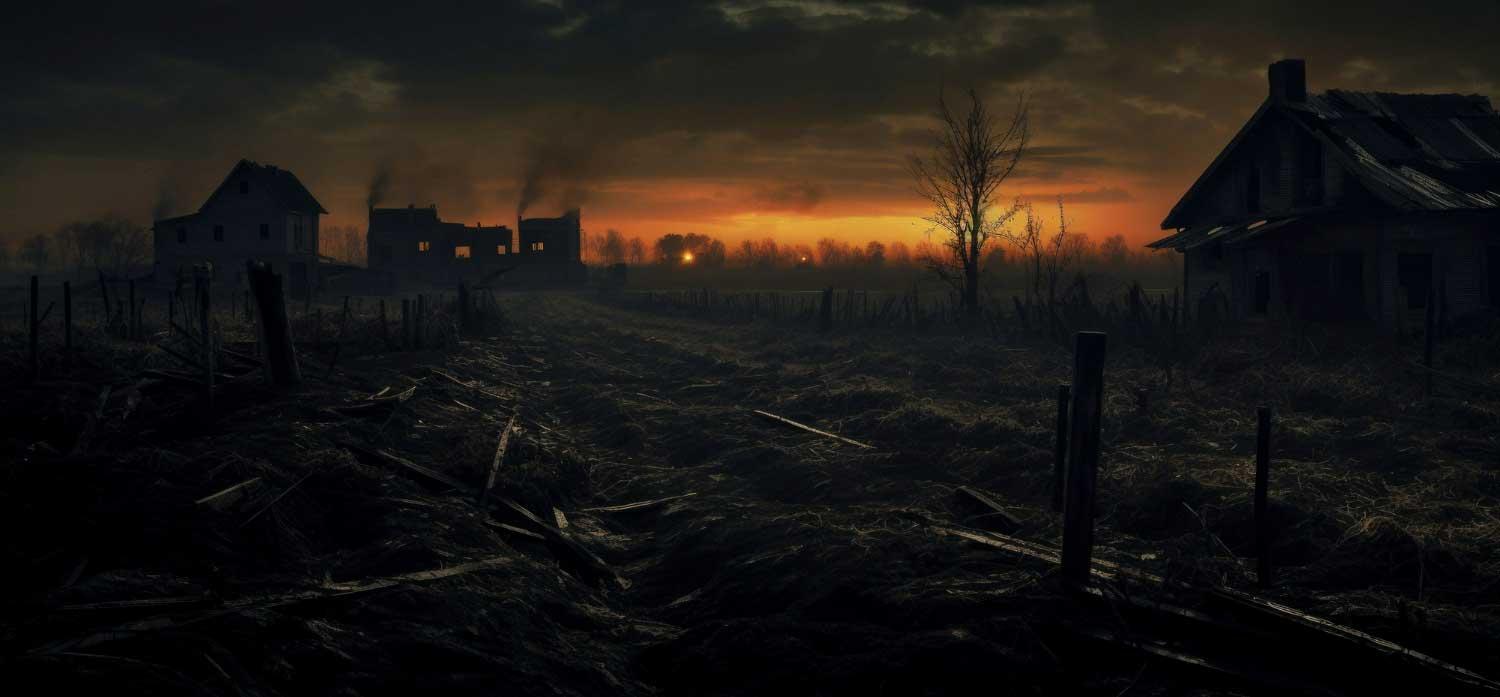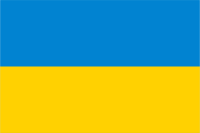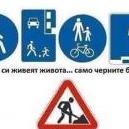-
Последна активност
-
Руско-украинската война 2022-2024 година. 1 2 3 4 192
От Р. Теодосиев, in Руско-украинската война 2022 година.
- 4795 мнения
- 380394 прегледa
-
- 32 мнения
- 925 прегледa
-
Тръмп - Европа и войната в Украйна. Какво да очакваме? 1 2 3 4 25
От nik1, in Руско-украинската война 2022 година.
- 611 мнения
- 31605 прегледa
-
- 2 мнения
- 69 прегледa
-
Генетични доказателства за връзката между съвременните българи и сармато-аланските племена от късната античност и ранното средновековие. 1 2 3 4 13
От Южняк, in Aрхеогенетика
- 305 мнения
- 62578 прегледa
-
-
Последно разглеждащи 0 Потребители
- No registered users viewing this page.
За нас
"Форум Наука" е онлайн и поддържа научни, исторически и любопитни дискусии с учени, експерти, любители, учители и ученици.
За своята близо двайсет годишна история "Форум Наука" се утвърди като мост между тези, които знаят и тези, които искат да знаят. Всеки ден тук влизат хиляди, които търсят своя отговор. Форумът е богат да информация и безкрайни дискусии по различни въпроси.
Подкрепи съществуването на форумa - направи дарение:







Препръчано мнение